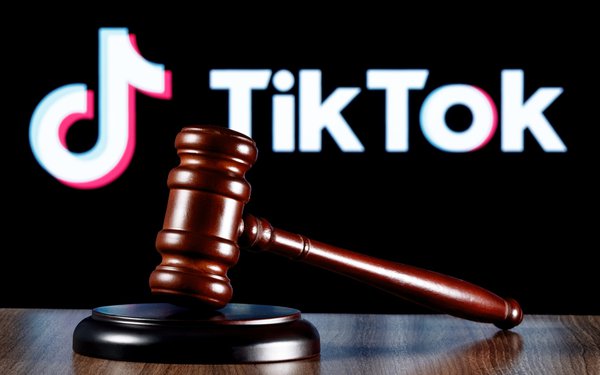
A federal appellate court has rejected TikTok's request to
reconsider its controversial August ruling that revived a lawsuit against the platform for allegedly recommending “blackout challenge” videos to a 10-year-old girl.
In that ruling,
a three-judge panel of the 3rd Circuit Court of Appeals said Section 230 of the Communications Decency Act doesn't protect TikTok from liability for editorial decisions about how to display content
created by users. Section 230 generally immunizes web companies from liability over material posted by third parties.
A different appellate court, the 2nd Circuit Court of Appeals, came to the
opposite conclusion in 2019, when it ruled that that Section 230 protects
social platforms from lawsuits over the content as well as its curation.
advertisement
advertisement
The 3rd Circuit ruling grew out of a lawsuit against TikTok by Tawainna Anderson, mother of Nylah Anderson who died in
December 2021 after attempting the “blackout challenge.” That challenge, which was then circulating on TikTok, showed people strangling themselves.
Tawainna Anderson raised several
claims in her 2022 complaint against TikTok, including that its service is “dangerously defective” due to its algorithm.
U.S. District Court Judge Paul Diamond in the Eastern
District of Pennsylvania dismissed the suit, ruling that TikTok was protected by Section 230. He said in a written opinion that Anderson's claims about TikTok were “inextricably
linked” to its role as a publisher of content created by users.
Anderson then appealed to the 3rd Circuit, which revived the case in an opinion written by Circuit Judge Patty Shwartz and
joined by Peter Phipps. Circuit Judge Paul Matey partially concurred in a separate opinion.
The majority held that TikTok's algorithmic curation of users' speech is TikTok's own
“expressive activity,” and therefore not protected by Section 230.
Some industry observers and legal experts said at the time that the ruling eviscerates Section 230 in jurisdictions
within the 3rd Circuit, which covers Pennsylvania, Delaware and New Jersey.
TikTok recently urged the court to reconsider the decision.
The Interactive Advertising Bureau was among
numerous outside groups to back that request. Those groups argued in a friend-of-the-court brief that the First Amendment and Section 230 “are complementary, not mutually exclusive.”
The IAB and others added that the ruling “destabilizes established law in ways that threaten profound consequences for countless websites across the Internet --and their users.”
TikTok hasn't yet indicated whether it will ask the Supreme Court to hear an appeal.